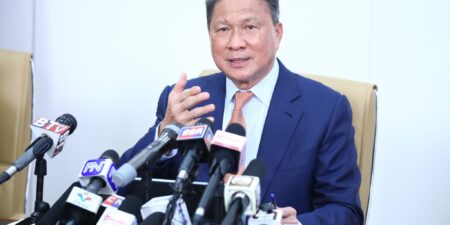
Kenyan President Ruto’s Reconstituted Cabinet Prioritizes Political Stability

Insights & News


Cambodia Tariff Tracker | July 8, 2025
BGA Cambodia Deputy Managing Director Sophea Ros wrote an update to clients on Cambodia’s trade …

BowerGroupAsia and Trinity Indo-Pacific Partners Forge Partnership To Expand Strategic Business Advisory in the Indo-Pacific
BowerGroupAsia (BGA), a leading strategic advisory firm with over 240 people working in 32 countries …

Thailand Tariff Tracker | July 8, 2025
BGA Thailand Managing Director Teerasak “Art” Siripant and Analyst Jirawat Suriyashotichyangkul wrote an update to clients …
At BowerGroupAsia, we are committed to
delivering result-oriented solutions for our clients
We have proven track record of helping the world’s top companies seize opportunities and manage challenges across the dynamic Indo-Pacific region.




















